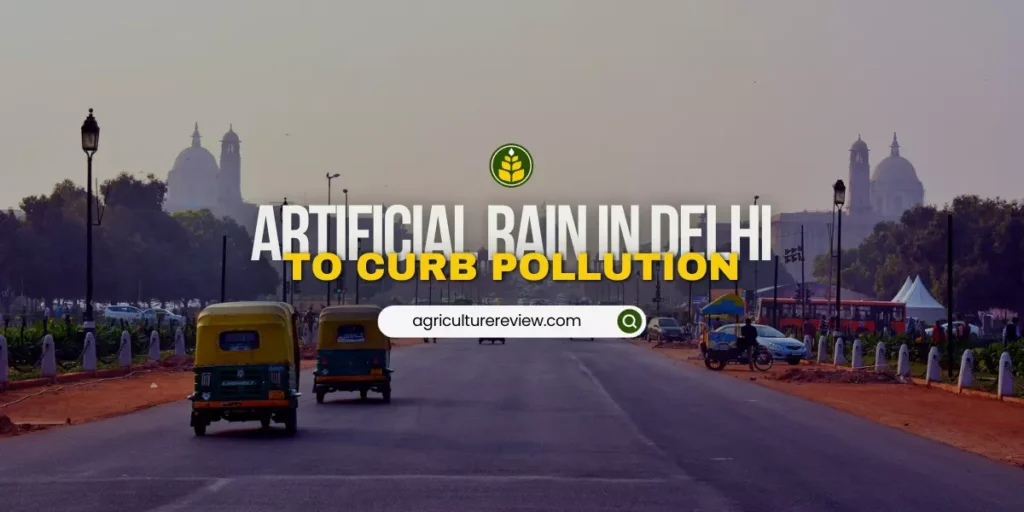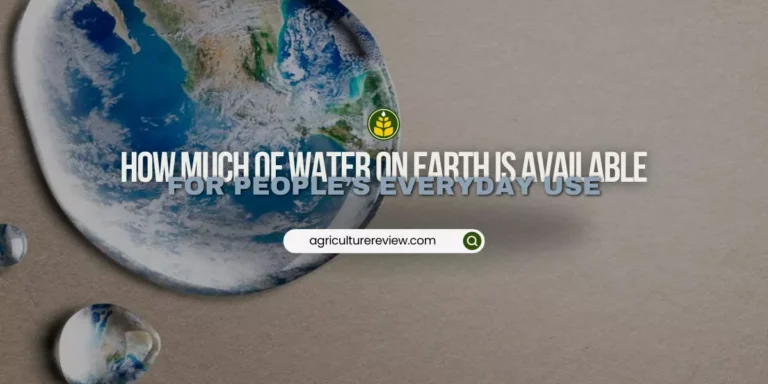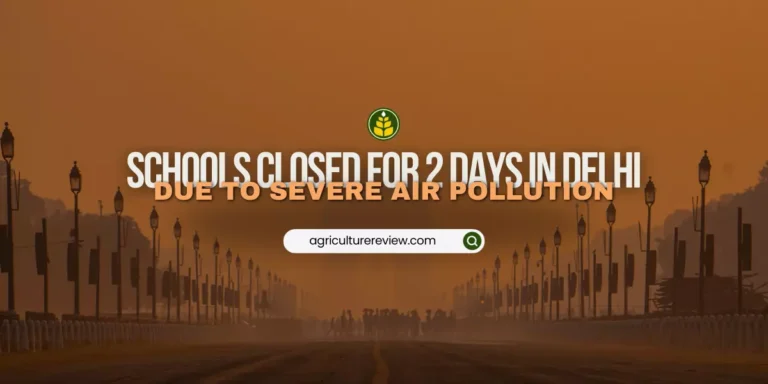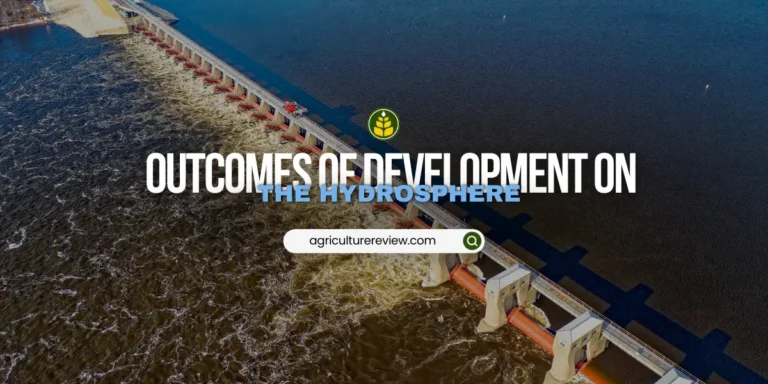On 2nd November, Delhi AQI crossed the 400 mark for the first time of the season making city’s air suffocating for humans and animals. Hence to control air pollution, the government is planning for artificial rain in Delhi. The Delhi Pollution Control Committee (DPCC) on 9th October has already notified a blanket ban on manufacturing, storage, bursting and sale of all types of crackers till January 1.

But, the major contributors to Delhi’s air pollution are transport, construction, road dust, industries, stubble burning, etc. That’s why banning crackers won’t help much. Delhi government is also going to implement the odd-even rule from 13th to 20th November and has further stated that if pollution levels don’t go down, then the scheme may be extended.
From 8 a.m. to 8 p.m., vehicles whose registration numbers ending with 1,3,5,7 and 9 will be allowed to dwell in the city on odd days while vehicles whose registration numbers ending with 2, 4, 6, and 8 will be allowed to dwell in the city on even days. Women drivers and emergency vehicles such as an ambulance have been exempted from this rule.
However, by looking at the seriousness of the situation, Environment Minister Gopal Rai announced on Wednesday that they are planning to attempt artificial rain in Delhi to lower the pollution level. Mr. Rai and his team have discussed to process and consequences of cloud seeding with experts from IIT Kanpur and they have made a detailed proposal that will be submitted to the Supreme Court for approval.
Conditions For Artificial Rain In Delhi
Cloud seeding is an artificial method to induce rainfall by introducing certain chemicals such as silver iodide, potassium iodide and dry ice into clouds. It helps reduce the impact of droughts, prevent forest fires, increase rainfall and enhance air quality.
When these chemicals are released into the clouds, they attract water vapour which leads to the formation of rain clouds and the complete process occurs within a span of half an hour after the release of the chemicals under optimum conditions.
According to the weather reports, experts from IIT Kanpur have proposed to induce artificial rain from 20th to 21st November 2023 if their proposal gets approved, they further stated that they are ready with an aircraft, clouding seething equipment and the solution to carry out the process of could seeding in the capital.
The dates have been selected as they are chances of optimum moisture presence for cloud seeding. The institute had an experience of artificial rains in Maharashtra and they have also conducted trials in July of this year. Manindra Agarwal, a professor from the computer science and engineering department at IIT Kanpur explained that the artificial rain could provide temporary relief for up to a week to residents in the region.
At the same time, residents of Delhi can start growing air purifier plants such as snake plants, pothos, areca palm, etc. to improve indoor air quality. They are also low maintenance and easy to care for houseplants that you can keep in your home.





